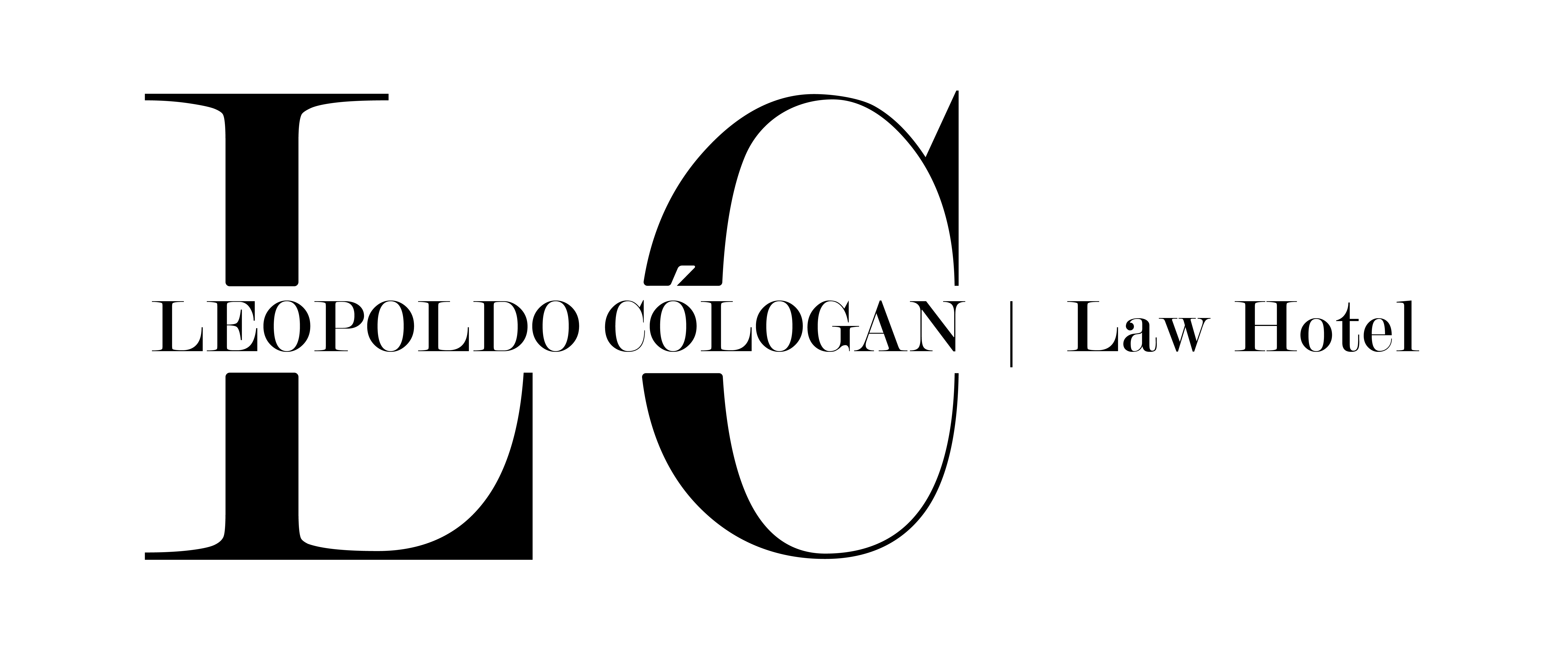Banana producer organisations and plantation subsidies
Article in CajaSiete Blog, 16 agoust 2018
Leopoldo Cólogan

Arico, South of Tenerife Island. Photograph by Cristina Rodríguez de Azero.
At a recent function of the Association for the Advancement of Management in the Canary Islands, I was reminded of an African proverb that says, “If you want to go quickly, go alone. If you want to go far, go together.” In the digitalised world of the 21st century, these two things can be combined as there are different ways to collaborate and, at the same time, gain the momentum of going it alone, respecting personal and independent development.
It is a matter of synergies and making a contribution to society.
Everything changes and so do large organisations since they have acknowledged the calls of so-called “millennials”, those born after 1990 who, as noted at the wonderful Legal Management Forum held in 2017 in Madrid, want autonomy, flexibility, projects that advance their development and to have a reason to be at an organisation, they need to feel connected to a project and they like to travel to gain experience.
In other words, everything that all previous generations have wanted is being put into practice as a way of life by millennials and organisations that are looking to tap into new talent are waking up to this. Surprisingly, in some cases, they will not attend interviews held on Friday mornings because this would affect their freedom on the Thursday evening.
This ability to organise ourselves and collaborate is precisely what sets us apart from apes and inspired the first human revolution, the cognitive revolution, which particularly entails the ability to communicate with one another and collaborate with more than eight fellow human beings, as Professor of History Yuval Noah Harari made us reflect in his book Sapiens: A Brief History of Humankind.
Hereto, and with the basic survival needs met, we have to address the how with the values and the ethics of making a contribution that transcends and allows the balance to be kept, without leaving global production in the hands of the few.
“It would be difficult for a collective to be capable of adding value to society if each individual member of society did not make a compromise, taking responsibility for its part in it.”
Human beings have created many a fictional figure for the purposes of fostering and channelling this cooperation in pursuit of common interests, without even knowing each other in some cases. The important thing is that people believe in these figures.
One example is the producer organisations who, according to EU Regulation 1308/2013 of the European Parliament and Council of 17 December 2013, play a significant role in the concentration of supply and improvement of marketing and planning, adaptation of production to demand, as well as optimisation of the production costs and stabilisation of prices, thus strengthening the position of producers in the food chain.
An example of this is the producer organisations in the banana sector of the Canary Islands, whose producers have been seamlessly adapting to the changes from the monopoly of a national market to a globalised economy, which does not always respect balances, values or ethics, and from a captive consumer, who needed to cover his basic needs, to so-called ‘customer power’, where the consumer has the power to decide what he/she consumes and be more demanding with regards to values and ethics.
Now, the producer organisations of the banana sector have until 27 April 2019 to adapt to Decree 48/2018 of 16 April, which regulates their recognition, adapts the regulation to EU Regulation 1308/2013, sets out a minimum number of members and/or volume or value of marketable production, establishing exceptions to the requirement of belonging to one producer organisation, and repeals Decree 87/2002 of 16 July.
As recognised in the aforementioned decree, the producer organisations constitute one of the key instruments of the agriculture sector, which aims to tackle crisis situations more effectively and contributes to the improvement of the economic conditions of production and marketing, guaranteeing producers a fair standard of living.
One of the greatest successes of the banana producer organisations is the fact that they have maintained considerable agricultural activity for many years with farms in production and with the Canary Island’s main export product, and all this largely thanks to having connected the sale and marketing of production to the distribution of grants that the agriculture sector receives in the outermost regions of the European Union, which is intended to mitigate the excess costs of our agriculture and livestock farming due to the remoteness, insularity and fragmentation of the territory.
As a consequence, and despite the existence of contradictory resolutions, in my opinion, whatever way you look at it, the amount of such grants forms part of the yields derived from the sale of tangible assets produced in the Canary Islands, and therefore, their inclusion should be considered for the purposes of the allowance of 50% of the total amount regulated in Article 26 of Act 19/1994 of 6 July, amending the Economic and Fiscal Regime of the Canary Islands.
Effective application of the above makes it necessary for the individual efforts of the banana producers and banana producer organisations to be coupled with the work of the competent authorities in the interpretation and application of the aforementioned legislation in order to go far – as the African proverb goes – which will benefit the public interest.


